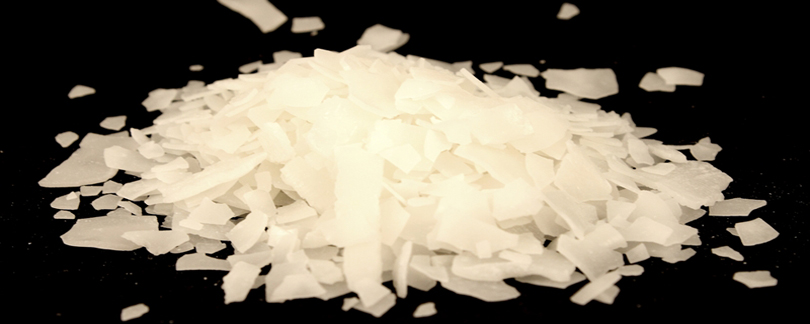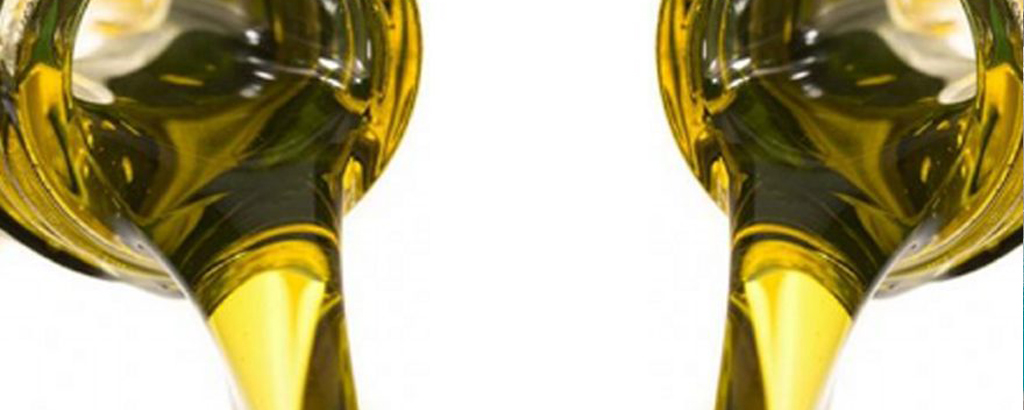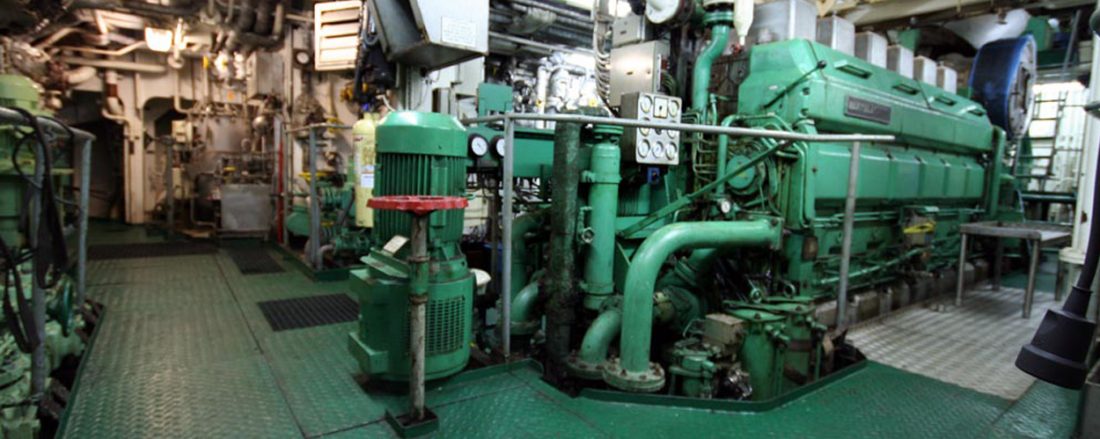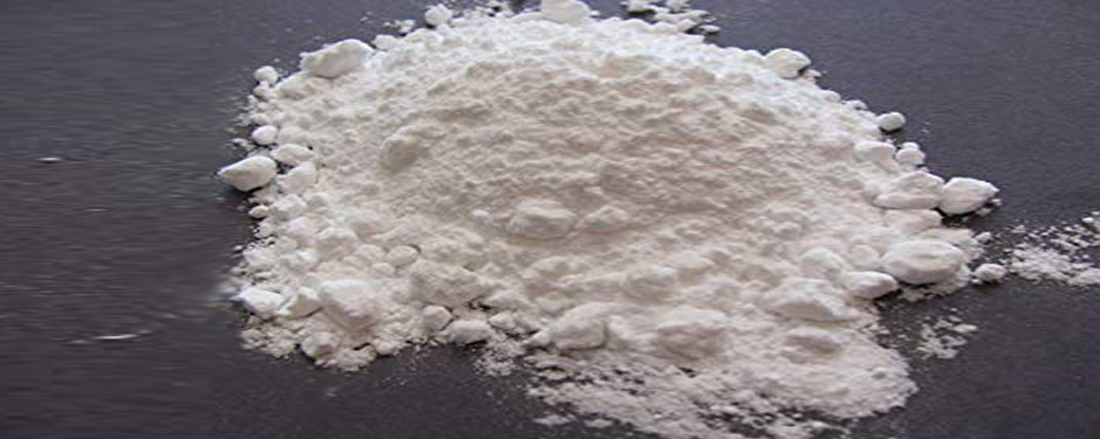Kenya Chemical is one of the leading Hydrochloric acid Exporters, Manufacturers, Suppliers, and Producers in Nairobi, Rwanda, Uganda, Tanzania, Burundi, Congo, South Africa, South Sudan, Zambia, Nigeria, Namibia, Ghana, Malawi Nairobi Kenya.
Hydrochloric acid is a colorless liquid (industrial hydrochloric acids will be slightly yellow because of impurities ferric iron salt), aqueous solution of hydrogen chloride, with a pungent odor, general laboratory use of hydrochloric acids for 0.1mol/L, pH=1. Because concentrated hydrochloric acids is volatile, the volatilized hydrogen chloride gas interacts with water vapor in the air to form droplets of hydrochloric aci, so white fog can be seen. Hydrochloric aci is miscible with water and ethanol. Heat is released when concentrated hydrochloric acids is diluted. Hydrogen chloride can be dissolved in benzene.
Basic Info of Hydrochloric Acids
CAS No.: 7647 01 0
Other Name: Muriatic acids
Appearance: Colourless transparent liquid
Grade Standard: Agriculture Grade, Food Grade, Industrial Grade, Medicine Grade, Reagent Grade
Hydrochloric acid is a strong inorganic acid that is used in many industrial processes such as refining metal. The application often determines the required product quality. Hydrogen chloride, not hydrochloric acid, is used more widely in industrial organic chemistry, e.g. for vinyl chloride and dichloroethane.
The major Hydrochloric Acid uses are:
Large scale production of vinyl chloride for PVC plastic,
Prickling/cleaning iron and steel components before galvanizing,
Regeneration of ion exchangers,
Activated Carbon regeneration in gold mining,
Production of MDI/TDI for polyurethane,
Processing of leathers in the tanning industry
Application
Acidizing of petroleum wells,
Demineralizers and resin regeneration,
Dye manufacturing,
Cleaning products,
Ore reduction,
Pickling and metal surface cleaning,
Water Treatment,
Pharmaceuticals,
Food Processing,
Manufacture of Chemical Intermediates
Hydrochloric acid is used for a large number of small-scale applications, such as leather processing, household cleaning,[30] and building construction. Oil production may be stimulated by injecting hydrochloric acid into the rock formation of an oil well, dissolving a portion of the rock, and creating a large-pore structure. Oil well acidizing is a common process in the North Sea oil production industry.
Hydrochloric acid has been used for dissolving calcium carbonate, e.g. such things as de-scaling kettles and for cleaning mortar off brickwork. When used on brickwork the reaction with the mortar only continues until the acid has all been converted, producing calcium chloride, carbon dioxide, and water:
Many chemical reactions involving hydrochloric acid are applied in the production of food, food ingredients, and food additives. Typical products include aspartame, fructose, citric acid, lysine, hydrolyzed vegetable protein as food enhancer, and in gelatin production. Food-grade (extra-pure) hydrochloric acid can be applied when needed for the final product.
Regeneration of ion exchangers
High-quality hydrochloric acid is used in the regeneration of ion exchange resins. Cation exchange is widely used to remove ions such as Na+ and Ca2+ from aqueous solutions, producing demineralized water. The acid is used to rinse the cations from the resins. Na+ is replaced with H+ and Ca2+ with 2 H+.
Ion exchangers and demineralized water are used in all chemical industries, drinking water production, and many food industries.
Laboratory use
Of the six common strong mineral acids in chemistry, hydrochloric acid is the monoprotic acid least likely to undergo an interfering oxidation-reduction reaction. It is one of the least hazardous strong acids to handle; despite its acidity, it contains the non-reactive and non-toxic chloride ion. Intermediate-strength hydrochloric acid solutions are quite stable upon storage, maintaining their concentrations over time. These attributes, plus the fact that it is available as a pure reagent, make hydrochloric acid an excellent acidifying reagent. It is also inexpensive.
Hydrochloric acid is the preferred acid in titration for determining the amount of bases. Strong acid titrants give more precise results due to a more distinct endpoint. Azeotropic, or "constant-boiling", hydrochloric acid (roughly 20.2%) can be used as a primary standard in quantitative analysis, although its exact concentration depends on the atmospheric pressure when it is prepared.
When you order in our company, we will immediately arrange shipment and update your tracking information by email. In addition, we can also arrange door-to-door service delivery to your office or factory directly by our forwarders. For more information or to request a particular product, call customer services or the Given website Email address.
mail@kenyachemical.com





